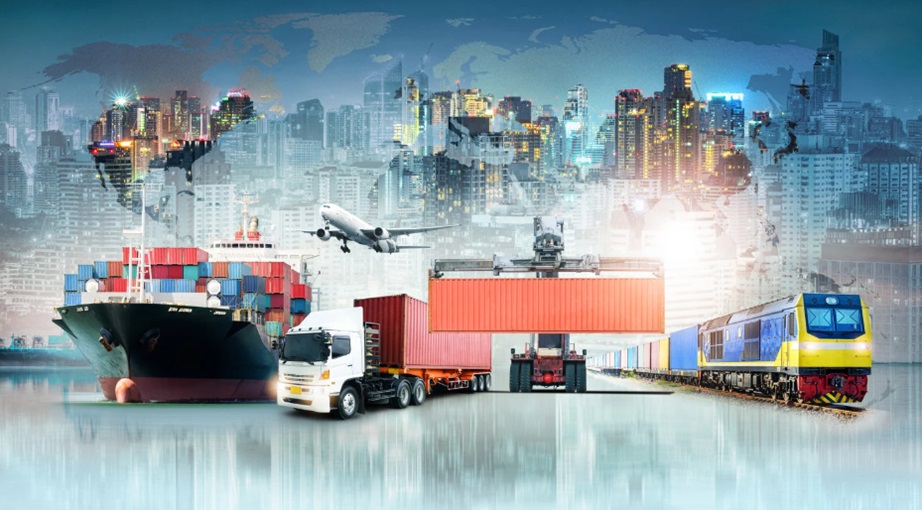How to Reduce Transportation Costs with Effective Logistics Solutions

In today’s fast-paced economy, businesses face increasing challenges in managing transportation expenses. Rising fuel prices, inefficient routing, and supply chain disruptions all contribute to higher operational costs. Implementing transport logistics services can significantly reduce these expenses by optimizing freight movement, streamlining supply chains, and improving delivery efficiency.
Understanding Transportation Costs
Transportation costs comprise multiple elements, including fuel, labor, maintenance, and administrative expenses. Without strategic planning, these costs can quickly escalate, affecting a company’s bottom line. By leveraging logistics strategies, businesses can minimize waste, enhance coordination, and maximize the efficiency of their supply chains.
Strategies to Minimize Transportation Expenses
1. Route Optimization
One of the most effective ways to cut costs is by optimizing delivery routes. Advanced software solutions analyze traffic patterns, road conditions, and fuel efficiency to determine the most cost-effective routes. This approach minimizes unnecessary mileage and reduces fuel consumption, ultimately lowering transportation expenses.
2. Consolidation of Shipments
Businesses that frequently transport goods can benefit from freight consolidation. Combining multiple smaller shipments into a single load reduces the number of trips required, leading to lower fuel and labor costs. This method not only enhances cost efficiency but also improves delivery timelines and reduces carbon emissions.
3. Leveraging Technology for Real-Time Tracking
Real-time tracking and telematics systems provide businesses with valuable insights into their supply chain operations. By monitoring vehicle locations, fuel consumption, and driver performance, companies can identify inefficiencies and implement corrective measures. Additionally, adopting automated inventory management can enhance operational efficiency and prevent unnecessary delays.
The Role of Logistics in Cost Reduction
Implementing effective logistics solutions plays a crucial role in controlling transportation expenses. A well-structured logistics framework ensures that shipments are handled efficiently from origin to destination, minimizing delays and additional costs. A comprehensive approach includes warehouse management, inventory optimization, and demand forecasting to align transportation strategies with business needs.
Also Read: The Fundamentals of Warehouse Logistics Every Business Should Know
To achieve better logistics efficiency, companies can explore different transportation modes, such as intermodal transport, which integrates rail, road, and sea freight to optimize costs. Additionally, businesses can enhance their operations by adopting industry best practices.
Enhancing Supply Chain Efficiency
A streamlined supply chain ensures that transportation processes are aligned with market demands. Businesses can improve efficiency by:
- Negotiating better rates with carriers
- Using predictive analytics to forecast demand
- Establishing strong partnerships with third-party logistics providers
Investing in advanced logistics management systems further helps businesses enhance their transportation strategies. By improving coordination across all supply chain touchpoints, companies can eliminate redundancies and achieve sustainable cost savings.
Conclusion
Reducing transportation costs requires a well-planned approach that integrates route optimization, shipment consolidation, and advanced tracking technologies. Utilizing transport logistics services allows businesses to enhance efficiency, minimize expenses, and maintain a competitive edge in the industry. By adopting strategic logistics solutions, companies can achieve long-term cost reductions and improve overall supply chain performance. Ultimately, an optimized logistics framework is key to sustaining profitability and ensuring smooth operations. By focusing on efficiency and innovation, businesses can future-proof their supply chain, reduce operational risks, and create a more resilient transportation network.

